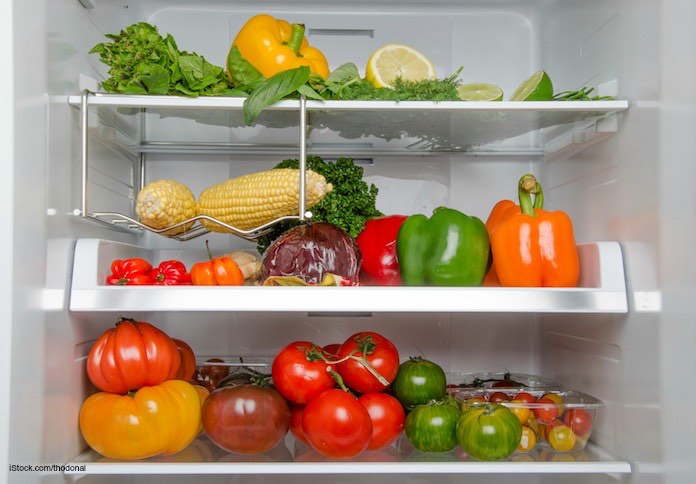While food safety is of ultimate importance, everyone should also keep minimizing food waste in mind. And there are ways to do just that with tips from the FDA. Read on to learn how cutting food waste at home is a good idea monetarily and for the planet.

While 48,000,000 Americans suffer from food poisoning every year, Americans also discard almost 40,000,000 tons of food annually. That averages out fo 219 pounds of waste per person, or about 35% of our food supply. And that food decomposes and creates methane, a big component in climate change.
While much food is rightfully discarded because it could cause illness, a lot, about half of the total discarded, is thrown away because consumers don’t understand food product dating. And food waste occurs at every step in the food chain.
In the United States, producers are not required by any law or regulation to place date labels on packaged food except for infant formula. There are no uniform or universally accepted descriptions on food labels for open dating and there are different phrases used. Food manufacturers apply date labels at their own discretion.
The most common use of date labels is to tell consumers when the food is likely to lose some quality. Those terms can range from “Sell by, Best by, Expires On, or Best if Used By,” among others. These terms are related to food quality, not the safety of the food.
The FDA has come up with and answer of sorts to this issue called the FoodKeeper app. This app can be downloaded on any mobile device, whether Apple or Android, or it can be accessed online. FoodKeeper covers everything from baked goods to dairy products to frozen food to meat and poultry, produce, and shelf stable foods.
Checking the FoodKeeper app will help you keep your family safe while you save money and the environment by not discarding food that is still perfectly safe to eat. There are other things you can do too including:
Don’t buy more food than you can use before it spoils.
Plan meals and use shopping lists.
Avoid impulse and bulk purchases
Always make sure your refrigerator and freezer are set at the proper temperatures.
Keep your kitchen and appliances clean and keep food covered.
When you eat out, bring leftovers home and refrigerate them promptly. Use according to the FoodKeeper app.
Check your refrigerator often to make sure food is used before it must be discarded.
And use your freezer to maintain foods before they are unsafe to eat.
Now that you know more about cutting food waste at home your wallet will thank you. As will the environment.




